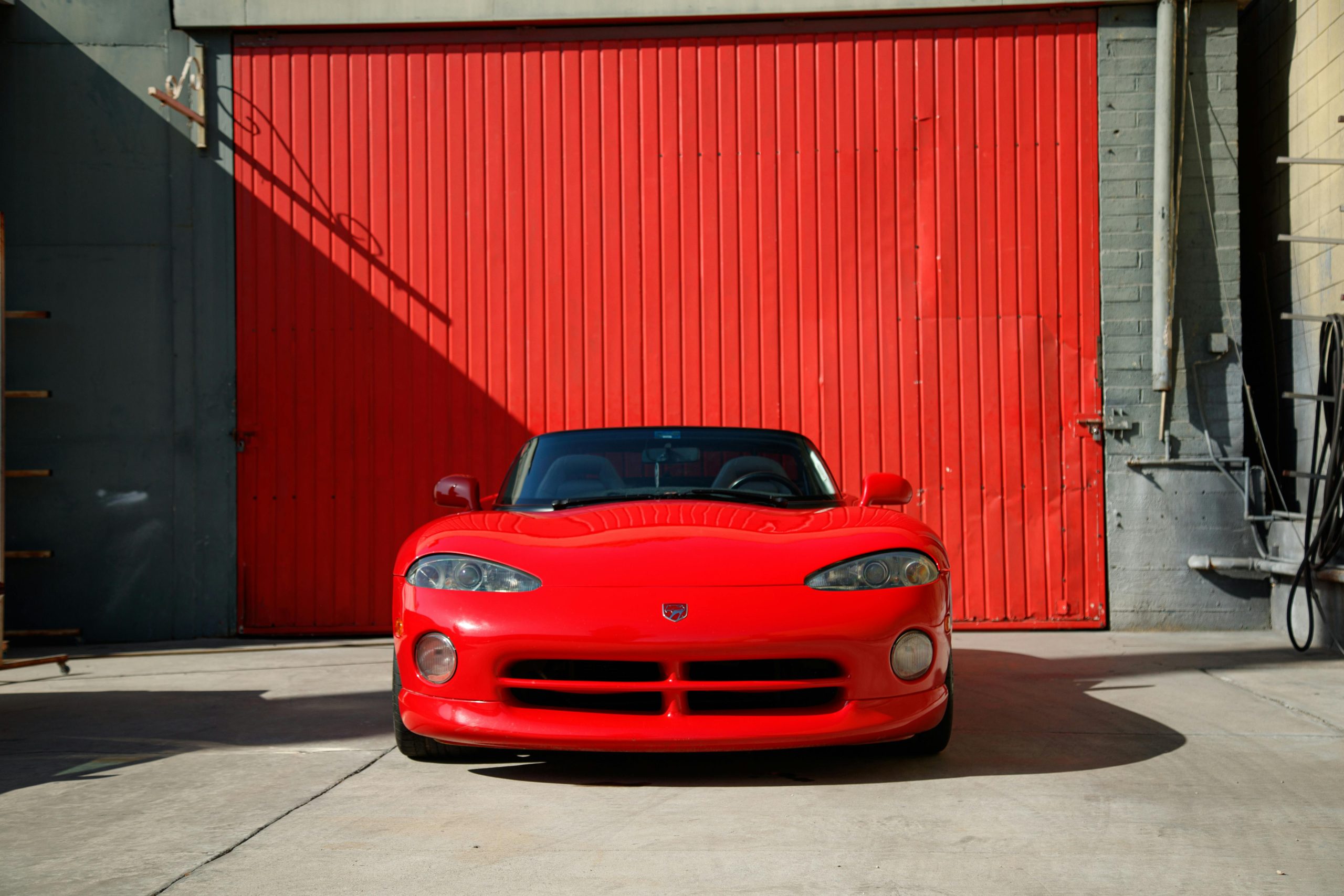Is It Possible to Install an Active Exhaust System on a Dodge Viper for Adjustable Sound?

A Dodge Viper – a name that strikes a chord in the hearts of automobile enthusiasts worldwide. The Dodge Viper, popularly known as the SRT Viper, is a marvel of American engineering, known for its sleek design, robust performance, and a powerful engine that produces a sound that’s music to the ears of car lovers. But what if you want to elevate the auditory experience further? Can you install an active exhaust system on a Dodge Viper for adjustable sound? This article dives deep into that inquiry.
The Performance Prowess of the Dodge Viper
Before we delve into the exhaust system, let’s take a journey through the heart of the beast – the Viper’s engine. The Dodge Viper, especially the latest Gen V ACR, is a performance beast. It is powered by an 8.4L V10 engine, producing a staggering 645 horsepower and 600 lb-ft of torque. This power propels the car from 0-60 mph in just about 3 seconds, making it a formidable contender on the track.
A lire en complément : How to Replace the Serpentine Belt on a BMW 3 Series for Optimal Engine Performance?
The Viper’s engine is complemented by its high-performance features, such as Brembo brakes, adjustable suspension, and aerodynamic design. The Viper is designed with a focus on track performance; hence, it is no surprise that it holds numerous track records.
The Sound of the Viper
The Dodge Viper is not just about raw power and performance. It is also about the sensory experience it offers. One of the most distinctive characteristics of the Viper is its sound, emitted from its rear exhaust system. The V10 engine, combined with an efficient exhaust system, creates a unique, throaty, and aggressive sound that has become a defining characteristic of this sports car.
Cela peut vous intéresser : What’s the Best Method for Protecting Alloy Wheels from Kerb Damage?
However, as with any sports car, the sound is a matter of personal preference. Some car enthusiasts prefer a louder, more aggressive exhaust note, while others prefer a quieter, more subdued sound. This is where an active exhaust system comes into play.
Understanding the Active Exhaust System
An active exhaust system, also known as a valved exhaust system, allows the driver to adjust the sound of the exhaust. It has an electronically controlled valve that can be opened or closed to manipulate the exhaust note. When the valve is open, the exhaust gases escape more freely, creating a louder, deeper sound. When the valve is closed, the gases are routed through a muffler, creating a quieter sound.
The active exhaust system is not a new concept in the automobile industry. Many high-end sports cars, including the likes of Porsche, Ferrari, and Lamborghini, include an active exhaust system as a standard or optional feature. But can this system be joined with the Dodge Viper?
Installing an Active Exhaust on a Dodge Viper
Installing an active exhaust system on a Dodge Viper is indeed possible. Several aftermarket manufacturers offer active exhaust systems designed for the Viper. Some of these systems offer a simple on/off control, while others offer a more granular control over the exhaust note.
Installation of an active exhaust system involves replacing the stock exhaust system of the Viper with the new system. The process involves mechanical work (such as removing the old exhaust and installing the new one), as well as electrical work (such as wiring the control system).
The price of an active exhaust system for a Dodge Viper varies depending on the system’s complexity and the manufacturer. However, most systems are priced in the $2000-$5000 range.
Considerations When Installing An Active Exhaust System
Installing an active exhaust system on a Dodge Viper can certainly enhance the car’s auditory experience. However, there are a few things to consider before taking the plunge. First, it’s essential to understand that replacing the stock exhaust with a valved system will alter the car’s original sound. Whether this change is for the better or worse is subjective and depends on personal preference.
Secondly, installing an active exhaust system on a Dodge Viper is not a straightforward DIY task and should be done by a professional. Incorrect installation can lead to problems like poor fitment, exhaust leaks, and even damage to the car’s engine.
Lastly, while an active exhaust system allows for adjustable sound, it does not significantly improve the car’s performance. If performance enhancement is the primary goal, other modifications, such as an upgraded camshaft or performance tuning, might be more beneficial.
In conclusion, installing an active exhaust system on a Dodge Viper is feasible and can allow for adjustable sound. However, as with any car modification, it’s crucial to weigh the benefits and drawbacks before making a decision.
Benefits and Drawbacks of an Active Exhaust System on a Dodge Viper
The prospect of installing an active exhaust system on a Dodge Viper comes with its own set of benefits and drawbacks. On the positive side, it offers customizable control over your vehicle’s sound. Whether you prefer a roaring, aggressive sound or a more subdued tone, a valved exhaust allows you to adjust the sound to your preference. This enhances the overall sensory experience of driving a Dodge Viper.
Moreover, the ability to control the exhaust tone can be useful in certain situations. For instance, you might prefer a quieter sound while driving on the street, and a louder sound when hitting the track. Furthermore, some active exhaust systems come with a sport mode feature, which automatically adjusts the exhaust note based on your driving style and conditions.
However, there are also drawbacks to consider. As mentioned previously, an active exhaust system will alter the original sound of the Viper. This could potentially detract from the classic Viper sound, which many enthusiasts find appealing.
Additionally, installing an active exhaust system can be costly. Most systems, especially high-quality ones, can run between $2000-$5000. This doesn’t include the cost of professional installation, which is necessary considering the complexity of the task. Lastly, while the active exhaust system offers control over the sound, it does not necessarily enhance the performance of the Viper significantly.
Conclusion
The Dodge Viper, particularly the Viper ACR, is a remarkable piece of automotive engineering. Its powerful engine, striking aerodynamic design, and impressive track performance make it a favorite amongst car enthusiasts. With its unique, throaty sound, the Viper provides a sensory experience that few other cars can match.
Installing an active exhaust system on a Dodge Viper can further elevate this auditory experience by offering adjustable sound. However, this modification is not without its drawbacks. The alteration of the original Viper sound and the cost of the system and its installation are significant considerations.
On balance, whether to install an active exhaust system on a Dodge Viper is a personal decision that depends on individual preferences and priorities. It is crucial to understand what an active exhaust system can and can’t offer and carefully weigh the benefits and drawbacks before making a decision. Despite this, there’s no denying that the ability to manipulate your Viper’s exhaust note at the push of a button can add a new dimension to the thrill of driving this iconic sports car.
